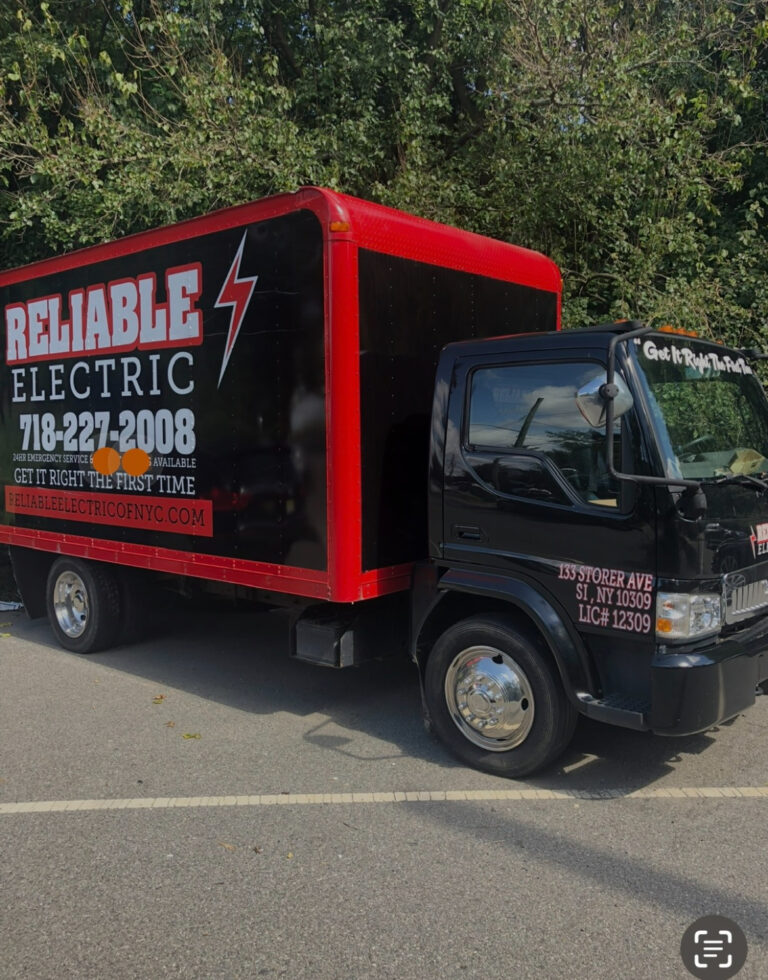Modern homes rely on advanced electrical systems, and safety is a top priority. One of the most important upgrades for homeowners today involves replacing outdated circuit breakers and fuse box systems. While fuse boxes were once the standard for protecting electrical circuits, circuit breaker panels have now become the modern, safer, and more efficient alternative.
This shift isn’t just about staying current—it’s about protecting your home from fire hazards, power surges, and overloading risks. In many cases, outdated fuse boxes simply can’t handle today’s energy needs. Upgrading ensures your home’s electrical infrastructure is built for long-term safety and functionality.
The Shift to Modern Electrical Panels and Trusted Installation Experts
As more homeowners recognize the risks and limitations of older electrical setups, circuit breaker panel replacement is quickly becoming a common home improvement project. The switch brings better protection, faster response to overloads, and the ability to handle more devices and higher power loads.
One company leading the way in these upgrades is Reliable Electric of NYC & NJ, Inc. Known for high-quality service and precise work, they specialize in professional breaker panel replacement and installations for both older and newer homes. If you’re unsure about the safety of your current system or considering a residential breaker panel upgrade, they offer expert consultation and service with minimal disruption.
Reliable Electric’s team ensures that the installation meets all local codes, offers the capacity you need, and uses the latest in safety features. Whether it’s a full circuit breaker panel replacement or an upgrade to add more circuits, they’re among the best residential breaker panel electricians in the region.
Why Are Circuit Breakers Better Than Fuse Boxes?
While fuse boxes served homes well for decades, they come with limitations that are no longer practical in today’s environment.
- Fuses are single-use: once they blow, they must be replaced manually. Circuit breakers, on the other hand, can simply be reset.
- Limited capacity: Older fuse boxes weren’t designed to power modern appliances like air conditioners, electric cars, or home entertainment systems.
- Fire risk: Fuse boxes are more prone to overheating and improper fuse sizing, which can pose a safety hazard.
- Outdated technology: Modern circuit breakers come with added protection features like AFCI and GFCI breakers that reduce the risk of fire and shock.
When Should You Consider a Breaker Panel Upgrade?
Here are signs it might be time to upgrade your panel:
- You still use a fuse box
- You notice frequent tripping or blown fuses
- You’ve added major appliances or electronics
- There’s a burning smell or signs of overheating near your panel
- You’re remodeling or adding space to your home
If any of these apply to you, it’s wise to get a professional assessment. Understanding your breaker panel upgrade cost in advance can help you plan for a safer and more efficient home electrical system.
Benefits of a Residential Breaker Panel Upgrade
A new breaker panel offers many advantages beyond just safety:
- Improved energy efficiency
- More room for future circuits
- Support for EV chargers, HVAC, or home office setups
- Peace of mind with modern safety standards
- Increased property value
These upgrades not only protect your family but also add long-term value to your home.
Conclusion
Outdated circuit breakers and fuse box systems simply aren’t built for the electrical demands of today’s homes. Upgrading to a modern breaker panel enhances safety, efficiency, and convenience—all critical for modern living.
Whether you’re replacing an old system or planning a new installation, partnering with professionals like Reliable Electric of NYC & NJ, Inc ensures that your upgrade is done right the first time. Their team of professional breaker panel replacement experts will assess your needs and deliver safe, compliant, and future-ready solutions.
Making the switch today is an investment in your home’s performance, safety, and peace of mind.
Frequently Asked Questions
1. What’s the difference between a fuse box and a circuit breaker panel?
A fuse box uses fuses that melt when overloaded, requiring replacement. A circuit breaker panel uses switches that trip and can be reset—offering more convenience and better safety.
2. How much does a breaker panel upgrade cost?
Costs vary depending on the size of the panel and electrical needs, but most residential upgrades range from $1,000 to $3,000.
3. How long does it take to replace a fuse box with a circuit breaker panel?
Most installations can be completed in one day, but larger or more complex jobs may take longer.
4. Do I need a permit to upgrade my electrical panel?
Yes, most cities require a permit and inspection for panel upgrades to ensure safety and code compliance.
5. Can I add more circuits to my existing panel instead of replacing it?
Sometimes. If your panel has space and capacity, circuits can be added. Otherwise, a panel upgrade may be necessary









